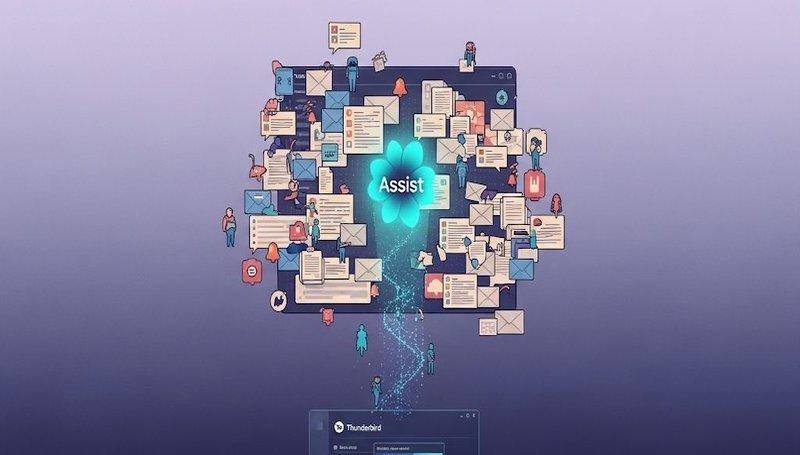So, some people are finally figuring out that RustDesk is a legit alternative to the corporate overlords of remote desktop software. What took you so long, honestly? Were you waiting for it to solve world hunger too?
Here’s the deal: you can self-host this bad boy. Imagine controlling your remote access—not some megacorp sniffing around your data. It’s about time we had options that don’t involve selling our digital souls for convenience. Think of it as building your own digital fortress.
Why should you care? Well, picture this: you’re helping your grandma troubleshoot her printer (again). With TeamViewer, you’re trusting that your connection, and possibly her data, goes through their servers. But with RustDesk self-hosted? It’s like having a private tunnel—no middleman to eavesdrop or, you know, accidentally leak information. Plus, you can customize it to hell and back.
Of course, self-hosting isn’t for everyone. It requires a little bit of technical chops. Okay, maybe more than a little. If you’re the type who calls tech support to change your lightbulb, stick with the hosted version. But for those who like to tinker, control, and generally be digital control freaks, it’s a godsend. And you can start small, growing into bigger and better configurations.
Now, some folks will whine about the initial setup. Boo hoo, it takes a bit of effort. But seriously, is it too much to ask to spend a few hours setting up software that gives you actual privacy? Look at it this way: you can either spend your time complaining about data breaches or proactively defending your digital life. Your call.
Think about the ripple effect. More people ditching proprietary remote access tools pushes companies to actually compete on privacy and security, not just slick marketing. What if—just what if—software started prioritizing user control over quarterly profits? I know, crazy talk. And what if you could make a few bucks providing private access to others?
Before you dive in, ask yourself this: how much is your digital privacy worth? Is it worth a little bit of a learning curve? Or are you content with being a product, not a user? Something to think about before you click accept on yet another vaguely worded terms of service.











Leave a Reply